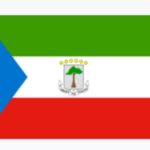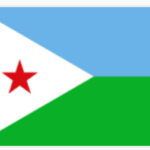Egypt is a country in North Africa that has a rich and diverse history, culture, and geography. Egypt is one of the oldest civilizations in the world, dating back to the ancient times of the pharaohs and the pyramids. Egypt is also home to the Nile River, the longest river in the world, which provides water and fertile land for agriculture and tourism. Egypt has a population of about 100 million people, making it the third most populous country in Africa and the 14th most populous in the world. Egypt’s official language is Arabic, but many people also speak English and French as second languages.
Egypt has a lot to offer for visitors who want to explore its heritage and attractions. Some of the most famous landmarks in Egypt include the Great Pyramid of Giza, the Sphinx, the Valley of the Kings, the Karnak Temple, and the Abu Simbel Temples. Egypt also has many natural wonders, such as the Red Sea, the White Desert, and the Siwa Oasis. Egypt’s culture is influenced by its ancient roots, as well as its interactions with other civilizations, such as Greece, Rome, Persia, Byzantium, Ottoman, and France. Egypt’s cuisine, music, art, and literature reflect this diversity and richness.
Egypt is a country that faces many challenges and opportunities in the modern world. Egypt has undergone several political and social changes in recent years, such as the 2011 revolution that toppled former president Hosni Mubarak and the 2013 coup that ousted Mohamed Morsi. Egypt is currently led by President Abdel Fattah el-Sisi, who has been criticized by some for his authoritarian rule and human rights violations. Egypt also struggles with economic problems, such as poverty, unemployment, inflation, and debt. Egypt’s main sources of income are tourism, oil and gas, agriculture, and remittances from Egyptians working abroad. Egypt is also involved in regional and international issues, such as the Israeli-Palestinian conflict, the Libyan civil war, and the Nile water dispute with Ethiopia.








